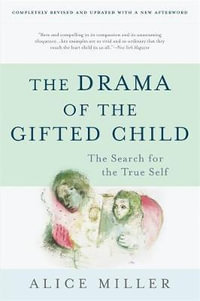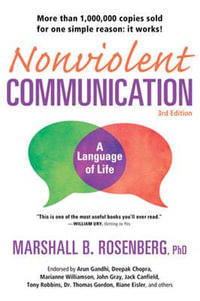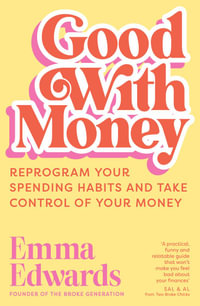Pick and Sirkin show how IMIFAP, a Mexican NGO, has employed a development strategy to encourage the establishment of a participatory, healthy and educated citizenry. The program strategy is grounded in Amartya Sen's approach to sustainable development through expanding individual's capabilities and freedoms.
It presents the Framework for Enabling Empowerment (FrEE) and the step by step strategy "Programming for Choice," based on the practical experience and evaluation of IMIFAP's programs. The end goal is to achieve sustainable community and individual development that can be expanded across a variety of life domains (social, economic, political, education, health and psychological).
The book shows how community development can be enhanced if people are enabled to make accountable choices and expand their alternatives. International development efforts will not be sustainable if we continue to build schools without quality teachers; health clinics without enhancing logistical and psychological access and improving quality of care; and laws that are not enforced. Institutions will only flourish if their leaders and bureaucrats enhance their personal capabilities. The central premise of the book is that enhancing skills, knowledge and reducing psychological and contextual barriers to change are central (and often neglected) aspects of sustainable development.
IMIFAP was founded in 1984. Through its health promotion and poverty reduction work it has reached over 19 million people in 14 countries through over 40 different programs and over 280 educational materials with support from over 300 funding agencies and government and private institutions. Its mission is to enable society's poor and vulnerable to take charge of their lives through helping them develop their potential. We have found that through the IMIFAP "I want to, I can" programs people take the control of their lives in their own hands. Examples of these results are presented including numerous testimonies.
Industry Reviews
"Psychology and developmental economics can make a difference, as Susan Pick and Jenna Sirkin demonstrate convincingly in this book. They describe a framework for sustainable development that is applicable from health education to entrepreneurship. The common theme is that people can take their life in their hands. The authors describe an amazingly rich variety of projects with often impressive outcomes among marginalized communities. This inspiring and
insightful book is highly recommended."
- A.J.R. van de Vijver, Professor of Psychology, Tilburg University
"The book is rich in theories but it is even wealthier in experience. The concepts developed by Pick and Sirkin and their methodology are candidly subversive and may be very powerful tools for social change. Given the attention received by Sen´s new book, The Idea of Justice, this is a timely publication and a useful practical complementary exercise."
- Rudolf Hommes, Former Colombian Finance Minister
"Breaking the Poverty Cycle: The Human Basis for Sustainable Development, by Susan Pick and Jenna Sirkin, gives a great psychological contribution, especially for being generated in the Latin American scenario. Context, empowerment, choices, freedom and development abound. More than teaching us about culture and survival, it shows the ecological context of real people, their testimonies and choices. Empowerment and personal agency are regarded as
manners of enhancing opportunities and reducing barriers to development. The answer to the everyday challenge of those people is simply: 'I want to, I can,' and it comes out as a brave and hopeful clamour!"
- Silvia Koller, Professor, Universidade Federal do Rio Grande do Sul
"Some may find it inspiring to read about how the authors have taken psychological ideas and implemented them into real-world interventions...the authors have convincingly shown that their programs are well thought out and are backed by years of hard work with many individuals in developing countries." -- PsycCRITIQUES

























